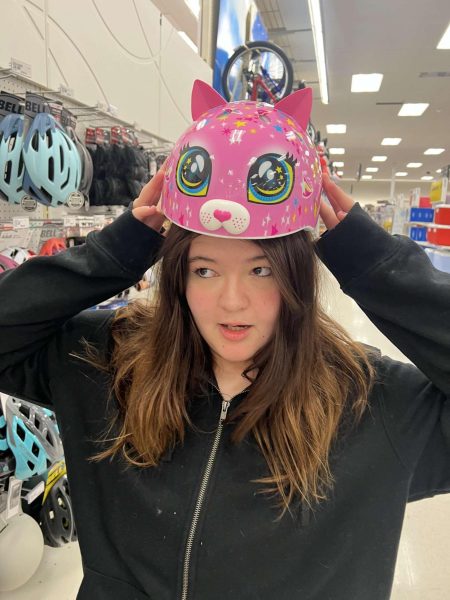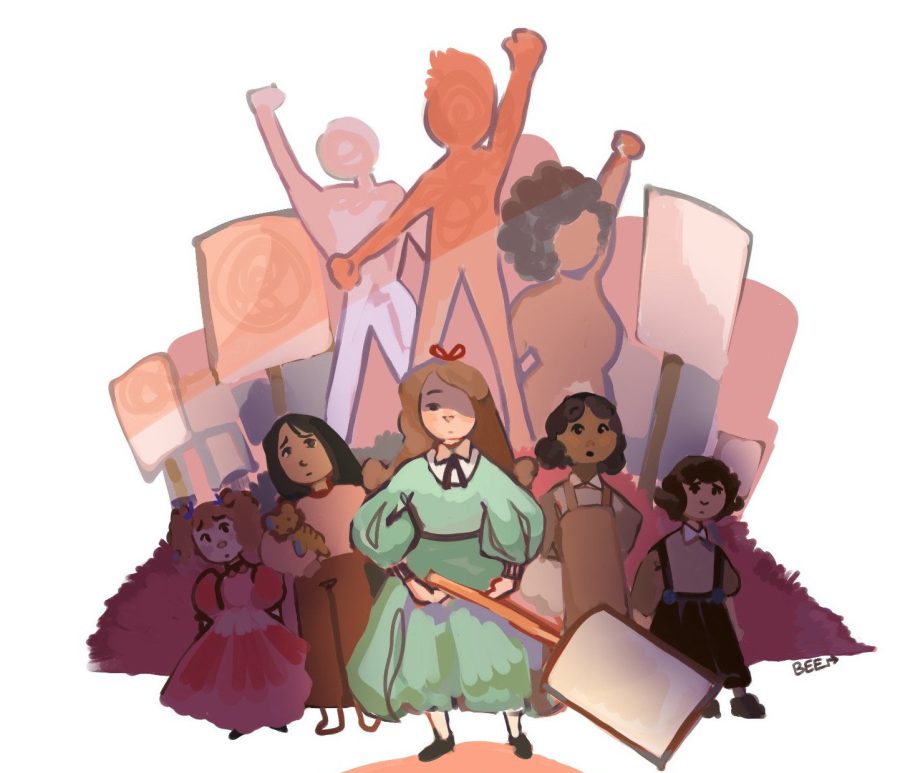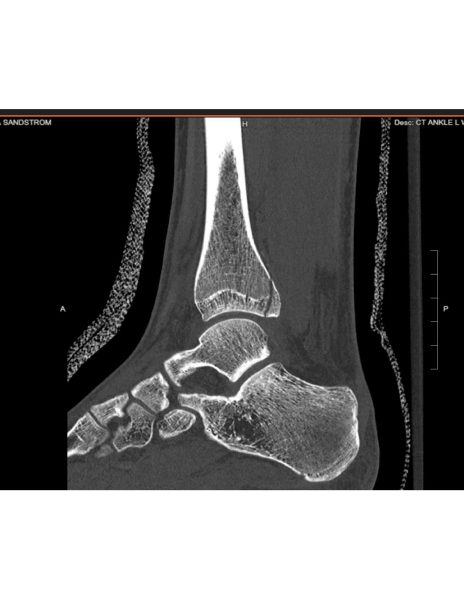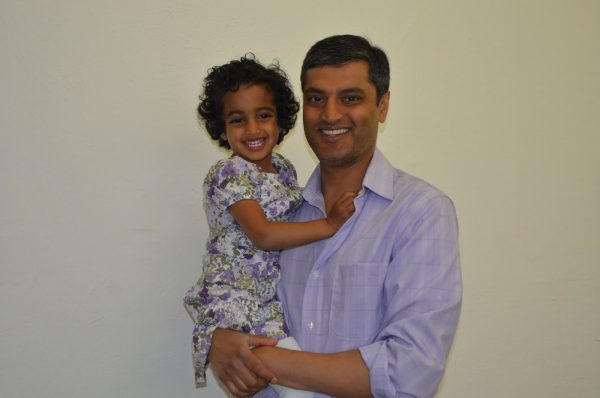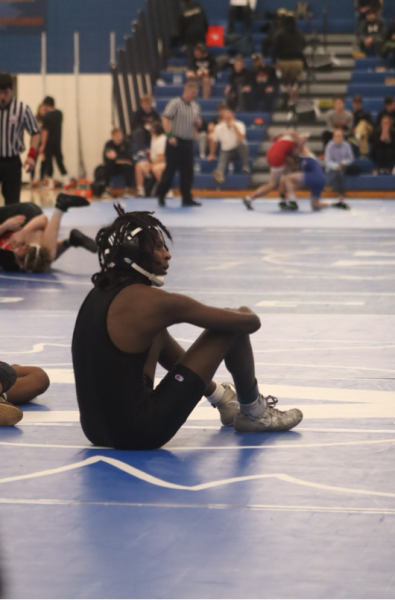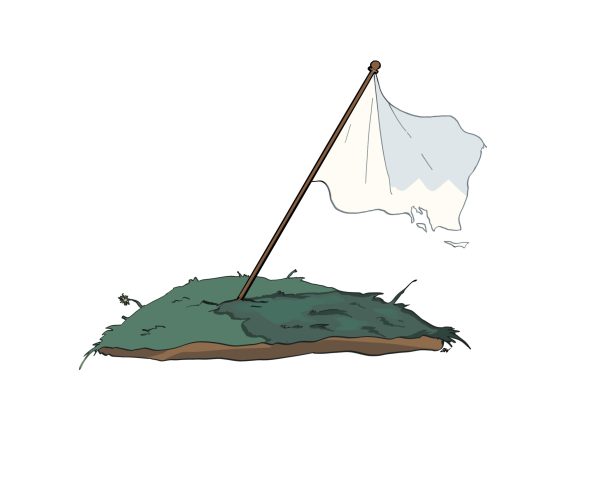The Future of our Daughters
As my anxiety of my future increases, so does my fear of what the world will be like for our daughters.
I had never thought about whether or not I would have children until I realized I might not have a choice.
As I stood in the middle of the diag on May 13, 2022, holding up a sign saying, “I dream women will one day have the same rights as guns,” a woman came up to me. She was around my mother’s age, but her words weren’t reminiscent of my mother’s. With a bitter look on her face, taunting words flowed out of her mouth as she shoved a sign protesting my choice toward me.
My heart dropped to my stomach and salty water coated my eyes. I had no clue what to do in a world that seemed like it was against me.
As I mature, it seems as though the mere possibility of having a daughter would be setting her up for a life of constant horror.
The future of our daughters is in danger. 1 in 6 women has been a victim of attempted or completed rape, making me question bringing children into the world. Is it worth fearsome monsters lurking around the corners and outside our windows?
I don’t want to raise vulnerable girls in a nation where white men will speak for them, seizing complete control and power over their bodies and choices. States lacking abortion protection laws won’t even protect the youngest of girls, no matter the circumstance.
One such case is when a 10-year-old rape victim had to travel from her home in Ohio to Indiana to get a medically necessary abortion, since, she and her doctor had been placed under severe scrutiny from Ohio’s government. The fear of not being able to have a life-saving procedure because the state she lives in does not permit it is one I will not accept placing on daughters.
I wonder if when suffragettes were fighting for women’s right to vote, they ever thought that that vote would be used to strip away rights from other women.
If things continue the way they were a lot of women will make the choice not to have children in fear of the current political climate towards women continuing.
When bringing this topic to my classmates and peers, most of them said they would not want children if the world was the same in the future as it is today.
“With Roe v. Wade being overturned, I think it leaves a lot of fear for our generation about the next generation, especially women, and young girls who might be scared and they don’t know what to do and they feel like the government and people in power aren’t on their side,” Lina Bailey said.
The real-world fear of high rates of crimes committed against women in the United States amplifies my fears for future generations of women. In this world, I would fear for my daughter’s safety in the simplest of everyday situations, such as going on a walk alone or parking next to the wrong car.
“I am scared for [women] to be out [in the world],” Sophia Alcumbrack said. “There are a lot of people in this world that are not good people.”
One of the most harmful phrases going around today is the term “pick-me girl.” A pick-me girl is one who seeks male validation by indirectly or directly insinuating that she is “not like the other girls,” according to Urban Dictionary. The phrase has turned into a derogatory term, prompting women to tear down other women and causing an increase in stereotypes of women.
Being a woman in this world is like being on a tightrope while being ripped apart at the seams; always too little or too much.
When men enjoy sports like football, no questions are raised of his interests. But when women like football it is seen as an obscure concept and is often met with responses that may sexualize her behavior, such as claiming she only watches for the players. These harmful stereotypes are not the kind of mindset I would want my daughter to go through the world holding.
Bailey recalls how these stereotypes have affected her from a young age. When telling her classmates her dreams of wanting to go to Harvard and become a doctor, she was met with incredulity and doubt steeped in misogynistic thinking.
“I don’t want future generations to have to face that,” Bailey said. “It’s really affected my generation and it’s affected my parents’ generation [and] my grandparents’ generation.”
Bailey hopes her future daughters will be encouraged by the people around her and grow up in an educational environment that not only wants them to survive but excel.
“I really hope that [in the future] this stigma around things that women can or can’t do is broken down by them and things are very different growing up for them,” Alcumbrack said.
Not only are the harmful stereotypes of what being a woman means being spread in teen communities, but also on the internet with influencers being no help to raise awareness to these issues.
According to the Mental Health Foundation, 40% of teens reported that images on social media had caused them to worry about body image.
This has been a weighing factor on Alcumbrack in her hopes for her future daughters.
“I had a lot of confidence issues [when] trying to put myself out there,” Alcumbrack said. “Being confident was really hard with people having a sense of an idea about what women should look like.”
While Gen Z has made strides toward a more equitable society for women, there are still major goals that need to be accomplished. There is no lack in the passing down of misogynistic behaviors from generation to generation.
“There’s a lot of slut shaming that happens that I’ve experienced and a lot of [other] girls have experienced in high school and I hope that stops,” Bailey said.
While there are always going to be outliers of the Gen Z agenda, Bailey finds that they are making more of an effort to eradicate the restriction of expression that women have placed on them.
“I wish there would be [immense progress in sexism], but I don’t think [I can say that] in good conscience,” Bailey said. “I think it’s just too far gone.”
I not only hope for a world where our daughters can be safe in all ways but live in a world where their existence isn’t valued any less than those of men.
To the future of our daughters — may your world be better than ours.
